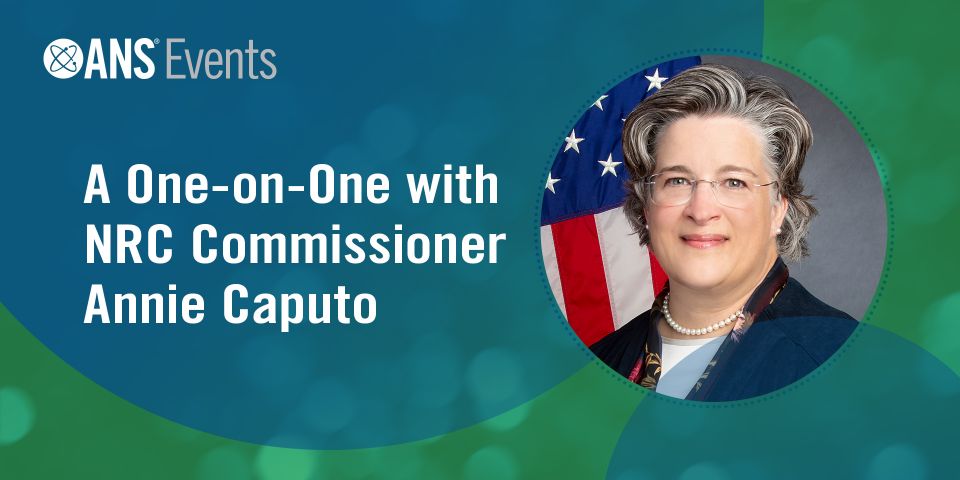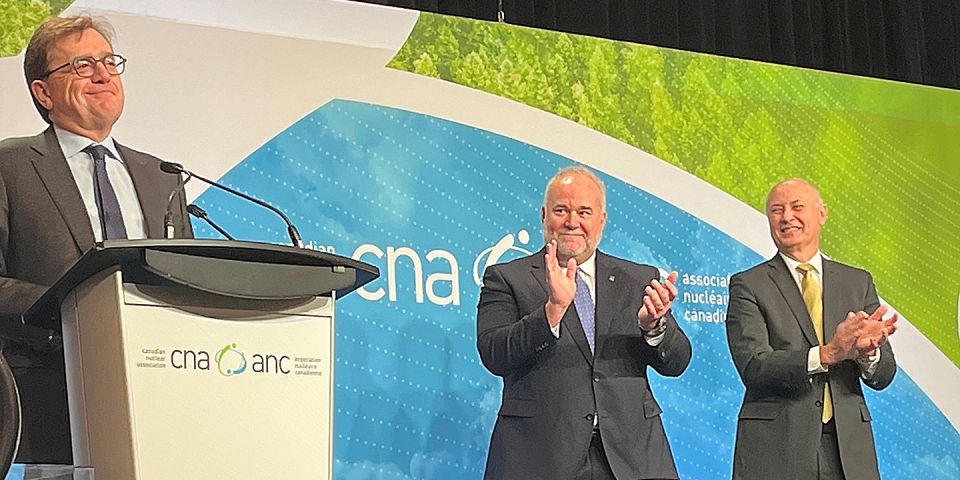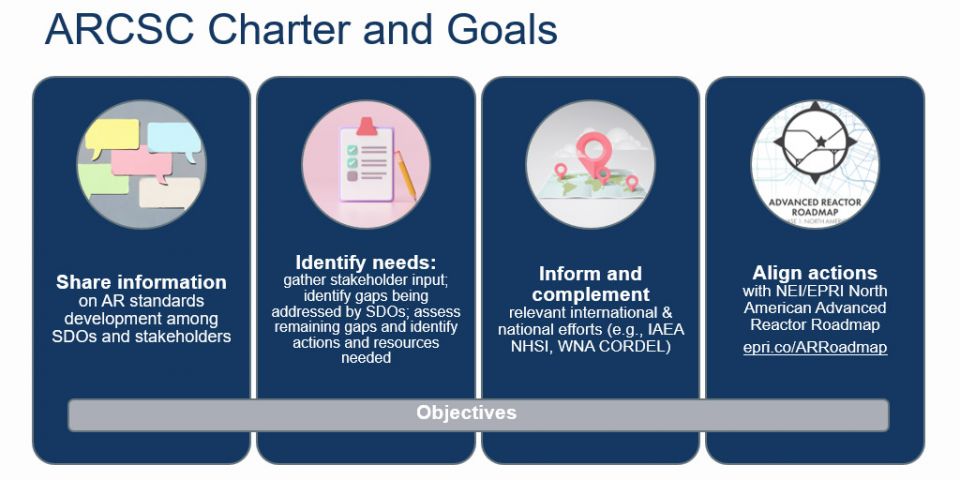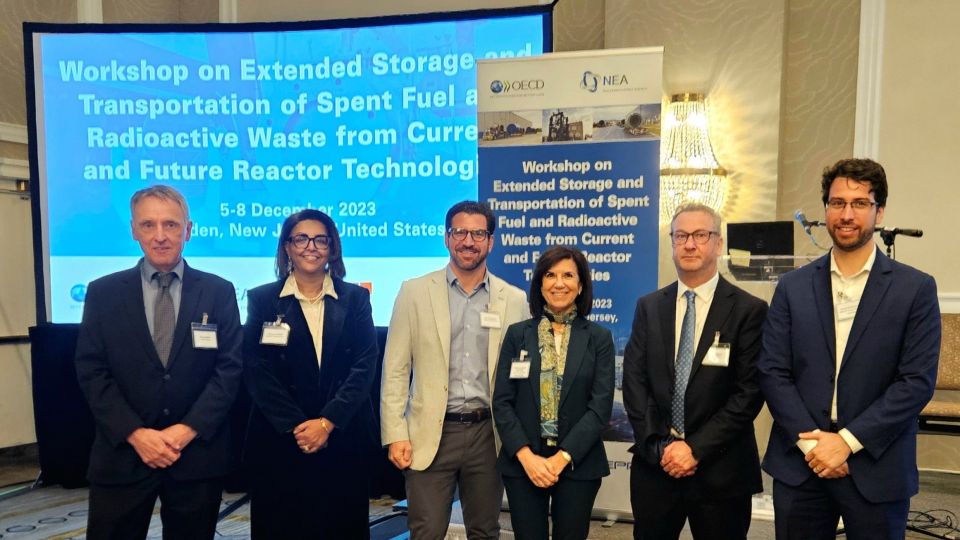EPRI: U.S. “50 by 30” climate goal requires swift, economy-wide action
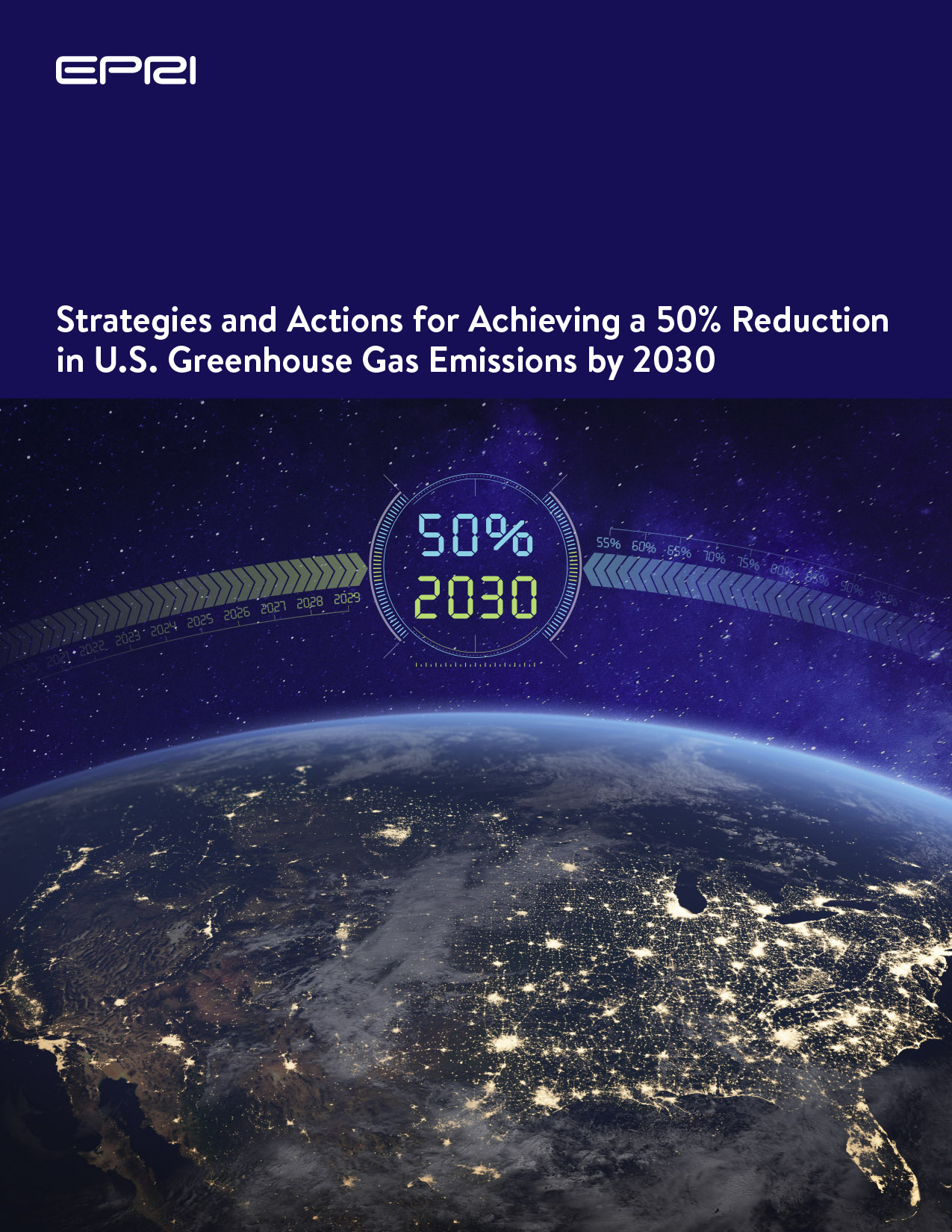 In April, President Biden announced a new U.S. climate target: a 50–52 percent reduction in greenhouse gas emissions below 2005 levels by 2030. It’s an ambitious goal, and one that’s right up there with recent climate declarations from Canada, the European Union, and the United Kingdom. It’s also one that, according to a new analysis from the Electric Power Research Institute, will require immediate action across all sectors of the economy.
In April, President Biden announced a new U.S. climate target: a 50–52 percent reduction in greenhouse gas emissions below 2005 levels by 2030. It’s an ambitious goal, and one that’s right up there with recent climate declarations from Canada, the European Union, and the United Kingdom. It’s also one that, according to a new analysis from the Electric Power Research Institute, will require immediate action across all sectors of the economy.
Key findings of the EPRI report Strategies and Actions for Achieving a 50% Reduction in U.S. Greenhouse Gas Emissions by 2030 include the following:
- Halving GHG emissions by 2030 will involve significant efforts beyond business-as-usual trends.
- Reaching implied decarbonization targets for the power sector involves accelerated and sustained change.
- Electrification and efficiency gains drive GHG reductions in transport, industry, and buildings.
- Consistent emission-reduction strategies for achieving the “50 by 30” goal are emerging, but fundamental questions remain about how to support immediate action while building systems for planning and investment that are adaptive to new information.


